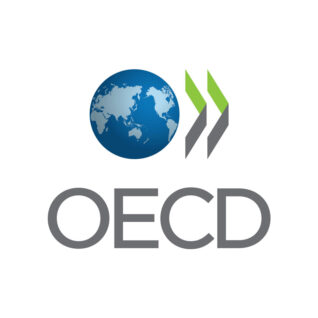Career Zone EN
Employability Skills
Problem solving skills, communication, teamwork, adaptability, leadership, entrepreneurship, self-reflection...
These and other skills are also called employability skills, 21st-century skills or transferable skills.
But what is employability and why are employability skills so important?
The aim of Leiden University is not only to provide you with a good, solid university education, but also to prepare you as well as possible for a labour market, that is rapidly developing and changing as a result of new technologies, changing partnerships and increasing complexities, and thus to contribute to the development of your employability. This will make it easier for you to make the transition to the labour market, to remain employable in a dynamic labour market in a (career) job that suits your own personal values, preferences and development.
Employable' students have developed themselves in the following way. They:
- master discipline-specific knowledge and skills (specific to your programme)
- master transferable skills (e.g. problem-solving ability, critical thinking, cooperation, adaptability, intercultural and communicative skills, self-management, digital skills)
- can reflect on their own profile and their development (what do I find important, interesting, what can I do well, what can I do with my knowledge and skills on the labour market?)
- have practical experience (e.g. internships, practical assignments, relevant secondary jobs and voluntary work)
- orient themselves at the right moment towards the labour market (researching the labour market by means of presentations by guest speakers and alumni from the professional field, informative (network) discussions, company visits, career events, etc.)
Employability skills are core skills (transferable) that you need in every job. You have developed these skills in a specific context, but can also apply them in a completely different context. They are skills demanded by employers and are at least as important as job-specific or technical skills.
The more you possess these skills, the more employable you are, the greater your chances of getting a job and advancement opportunities.
It is therefore important to develop these skills during your studies, both within the curriculum and beyond. In order to be well prepared to enter the job market, it is advisable to determine to what extent you possess these skills and which ones you want to develop further.
During your studies you will develop transferable skills. Leiden University has selected 13 transferable skills that it finds important for students to develop during their studies. These skills are important not only during your studies but also in later life once you begin working.
These transferable skills can be divided into three categories:
1. Skills that we use in relating to the world around us ((meta) cognitive skills):
2. Skills that we use in relating to other people (interpersonal skills):
3. Skills that we use in relating to ourselves (intrapersonal skills):
These skills are further explained in this section. For each skill, you will find additional information.
Transferable skills in Prospectus
In the study guide (prospectus), you will find one or more of these skills that apply to each course in your programme. This gives you a good idea of the cross-curricular skills you will develop in your study programme.
Other important transferable skills
Competence Instrument VSNU
When drawing up this list of skills (definition and behavioural indicators), frequent use was made of the Competence Instrument Dutch Universities of the VSNU-NOA.
Online courses moocs
More skills
Application skills




